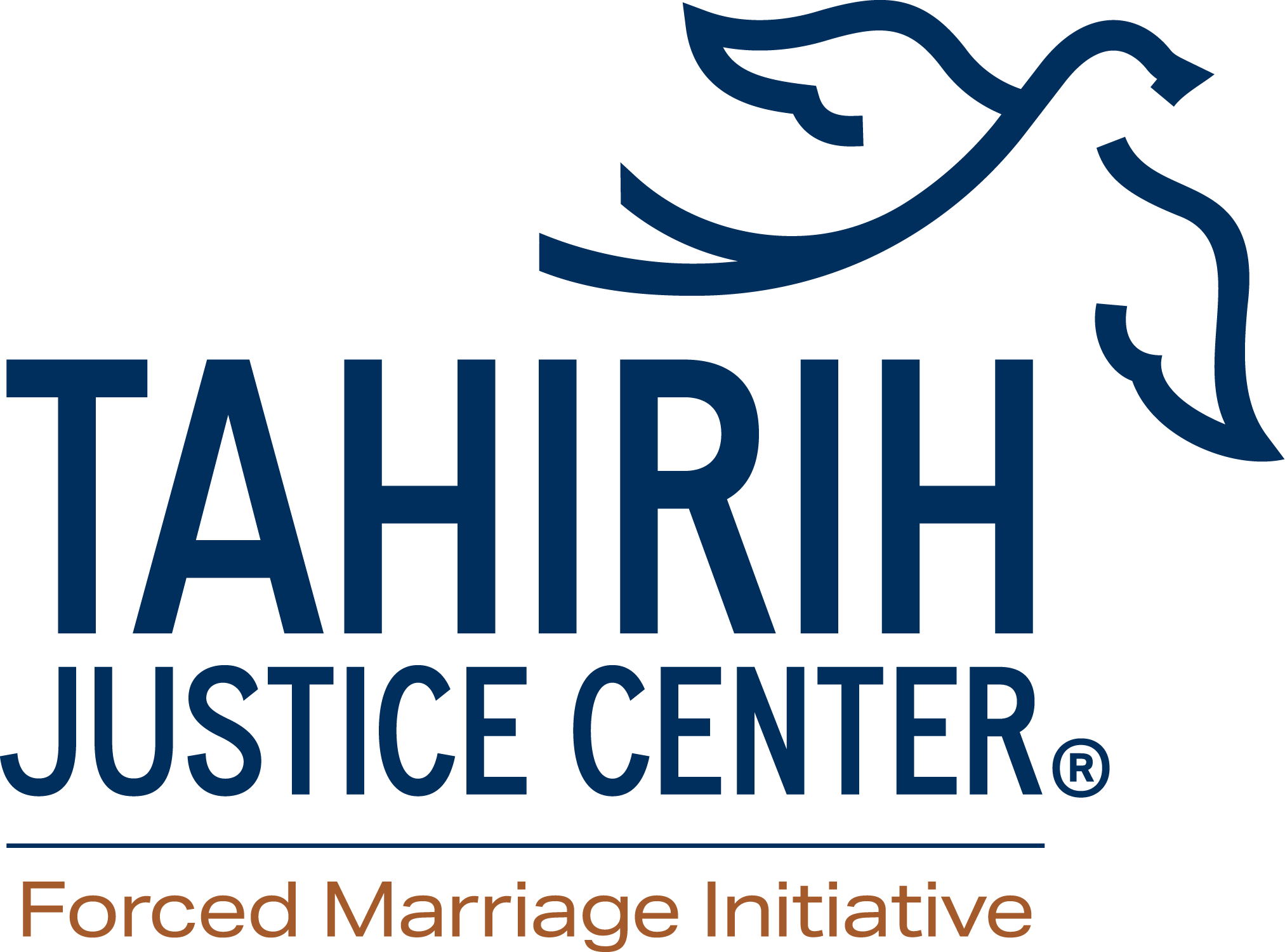Resources
This is a searchable library of publications, webinars, blog posts, and training manuals from the U.S. and around the world on the topic of forced marriage.
Testimony in Support of HB 5442 to End Child Marriage in Connecticut
Author: Tahirih Justice Center
Publication: March 06, 2017
Tahirih submitted this written testimony to the Connecticut General Assembly in support of HB 5442, a bill to eliminate exceptions to age 18 as the minimum legal age to marry. On March 6, the Connecticut General Assembly’s Joint Committee on Judiciary held a public hearing on HB 5442, which is sponsored by Representatives Michelle Cook and Josh Elliott.
Protecting Children in Texas from Forced Marriage and Other Harms of Child Marriage: Proposed Legislative Reforms
Author: Tahirih Justice Center
Publication: February 13th, 2017
Forced and child marriage in Texas is a serious problem with a simple, first-step solution — ensuring that only legal adults empowered to advocate for themselves can enter the legal contract and potentially lifelong commitment that marriage entails. SB 1705 / HB 3932 is a commonsense, bipartisan bill that sets the legal minimum marriage age at 18, with an exception for minors emancipated by court order. Read our backgrounder to learn more about the child marriage problem in Texas, how the current laws fail to prioritize child protection, and how this bill addresses the problem.
CHILD MARRIAGE IN THE UNITED STATES: A Serious Problem With a Simple First-Step Solution
Author: Tahirih Justice Center
Published: November 8th, 2016
Child marriage remains a serious problem in present-day America that has devastating, lifelong consequences. Read this backgrounder to learn more about the prevalence of child marriage in the United States, the laws that allow it to persist, and the ways in which it denies young people the opportunity to lead healthy and fulfilling lives.
National Consultation: Should Forced Marriage be a Crime in the United States?
Author: Tahirih Justice Center
Publication: June 01, 2016
This report on the June 2016 national consultation on the question of forced marriage criminalization illustrates the complexity of forced marriage cases and details advocates’ diverse perspectives on the potential risks and benefits of making forced marriage a criminal offense in the United States. The meeting was organized by the Forced Marriage Initiative at the Tahirih Justice Center and brought together 30 participants from across the United States.
When Minors Face Forced Marriage: Survivor Stories and Creative Strategies for Assistance
During this webinar, two American child marriage survivors share their stories, highlighting the vulnerabilities and challenges they faced. Experts from the Tahirih Justice Center and Greater Boston Legal Services also share guidance on:
- Red flags and warning signs of forced marriage
- Collaborative strategies to assist minors to avoid or delay a forced marriage
- Creative legal approaches to preventing the forced marriage of minors
- Privacy protection and tech safety planning
- Preventing travel overseas if a forced marriage is imminent or suspected
This webinar was presented as part of the Forced Marriage Initiative’s Quarterly Webinar Series on December 12, 2016.
*This webinar is not publicly available. Please contact us at FMI@tahirih.org for more information.


